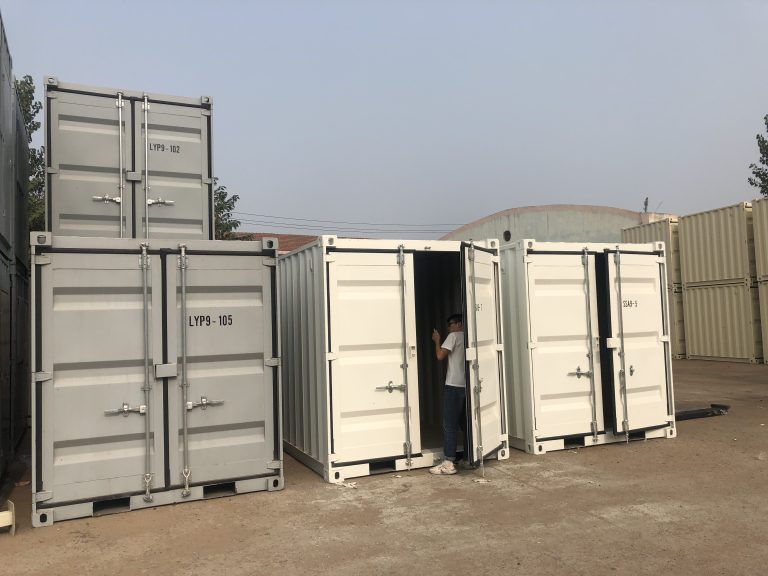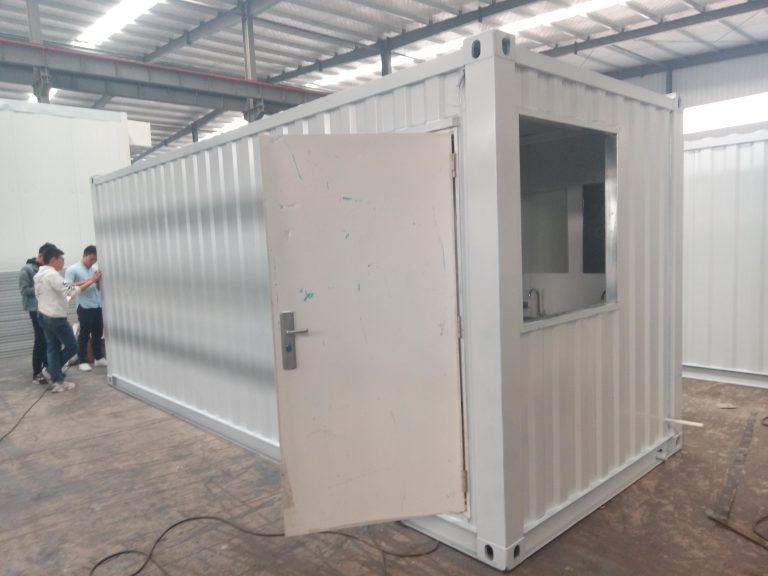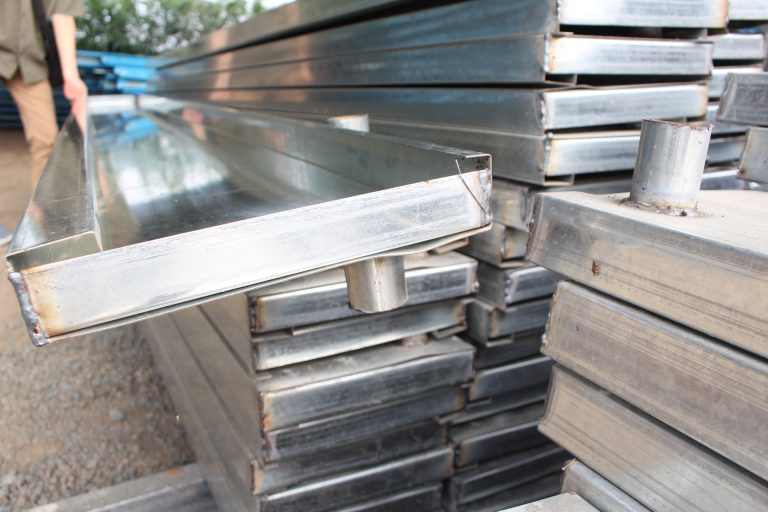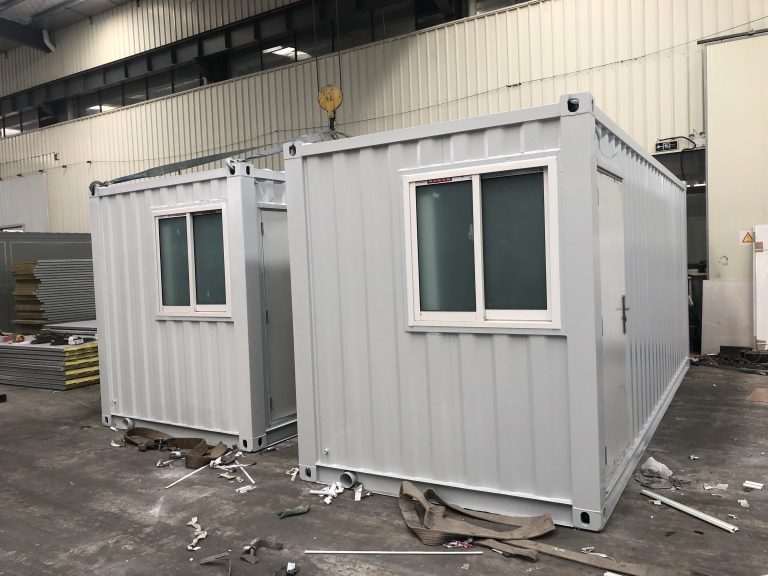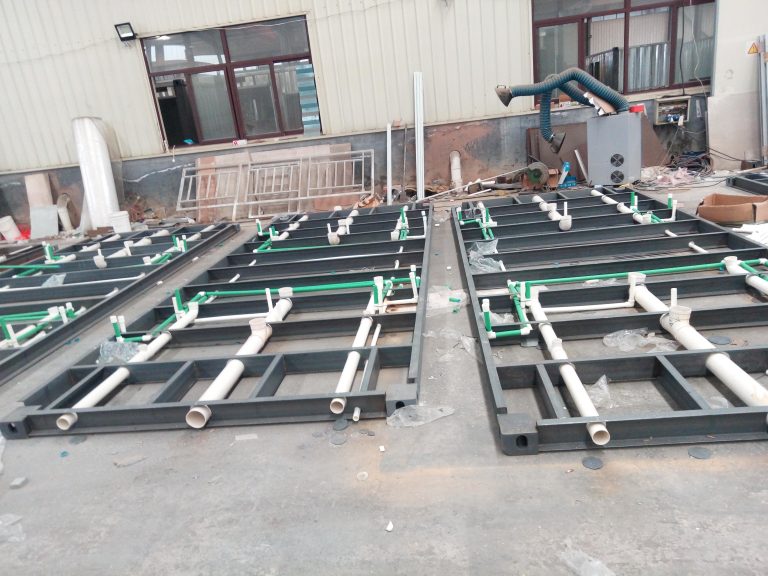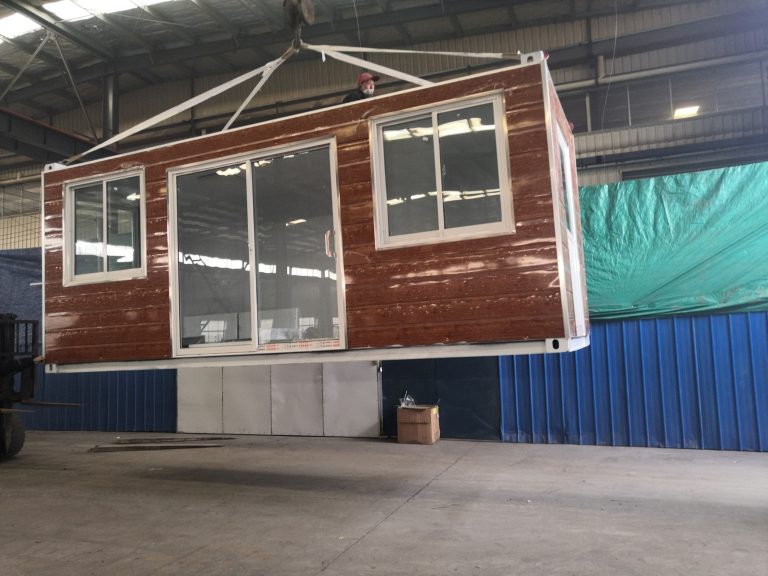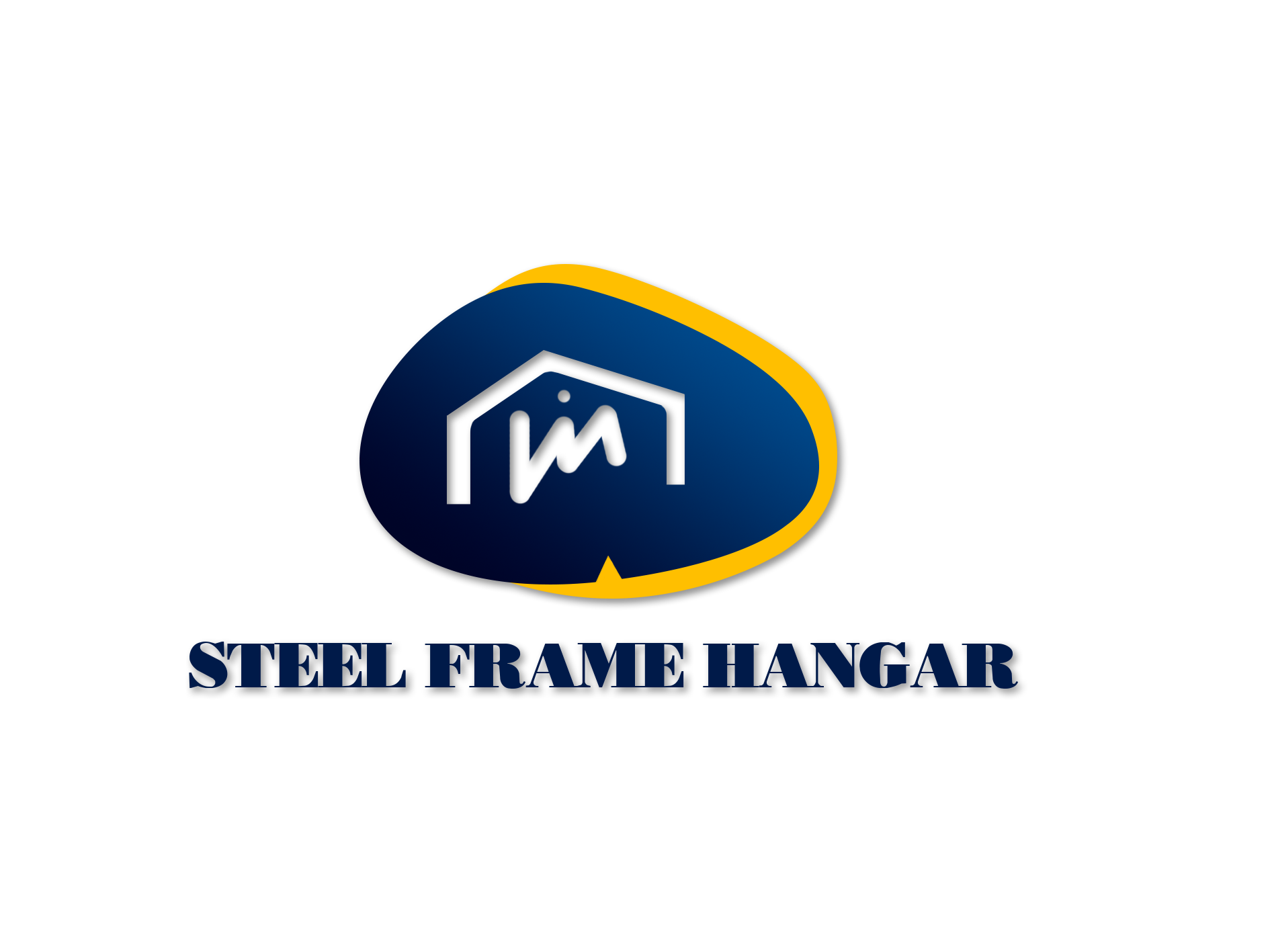Advanced technology and process innovation of steel production.
Table of Contents
The Impact of Artificial Intelligence on Steel Production Efficiency
Steel production has been a crucial industry for centuries, providing the backbone for infrastructure, transportation, and countless other applications. In recent years, advancements in technology have revolutionized the way steel is produced, leading to increased efficiency and productivity. One of the key drivers of this transformation is the integration of artificial intelligence (AI) into the steel production process.
AI has the potential to significantly improve the efficiency of steel production by optimizing various aspects of the process. One of the main areas where AI is making a difference is in predictive maintenance. By analyzing data from sensors and other sources, AI algorithms can predict when equipment is likely to fail, allowing for proactive maintenance to prevent costly downtime. This not only reduces maintenance costs but also increases overall equipment reliability and longevity.
Another way AI is enhancing steel production efficiency is through process optimization. By analyzing vast amounts of data in real-time, AI systems can identify patterns and trends that human operators may overlook. This allows for more precise control of the production process, leading to higher quality steel products and reduced waste. Additionally, AI can help optimize energy consumption, leading to cost savings and reduced environmental impact.
In addition to predictive maintenance and process optimization, AI is also being used to improve quality control in steel production. By analyzing data from sensors and cameras, AI systems can detect defects in real-time, allowing for immediate corrective action. This not only improves product quality but also reduces the likelihood of costly rework or scrap.
Overall, the integration of AI into steel production is leading to a more efficient and sustainable industry. By leveraging the power of AI, steel producers can reduce costs, improve product quality, and minimize environmental impact. As AI technology continues to advance, the potential for further improvements in steel production efficiency is virtually limitless.
In conclusion, the impact of artificial intelligence on steel production efficiency cannot be overstated. By harnessing the power of AI, steel producers can optimize maintenance, improve process control, and enhance quality control. This not only leads to cost savings and increased productivity but also positions the industry for long-term sustainability. As AI technology continues to evolve, the future of steel production looks brighter than ever.
Implementing Blockchain Technology in Steel Supply Chain Management
Steel production has been a crucial industry for centuries, providing the backbone for infrastructure, transportation, and manufacturing. With the advancement of technology, the steel industry has seen significant improvements in efficiency, quality, and sustainability. One of the latest innovations in steel production is the implementation of blockchain technology in supply chain management.
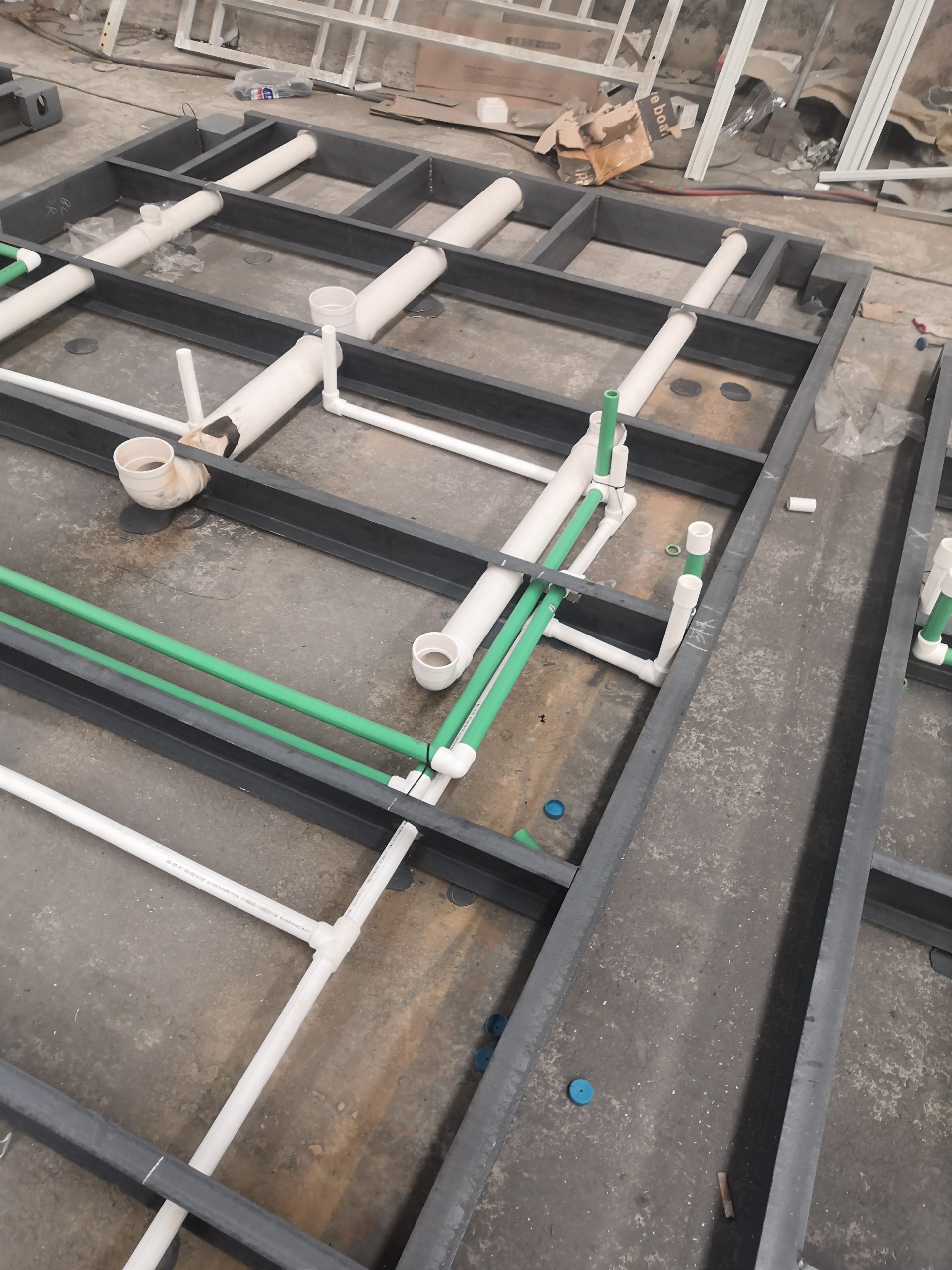
Blockchain technology, most commonly associated with cryptocurrencies like Bitcoin, is a decentralized digital ledger that records transactions across a network of computers. Each transaction is recorded in a “block” that is linked to the previous block, creating a chain of blocks. This technology offers transparency, security, and immutability, making it an ideal solution for supply chain management in the steel industry.
By implementing blockchain technology in the steel supply chain, companies can track the journey of raw materials from the mine to the finished product. This transparency ensures that materials are sourced ethically and sustainably, reducing the risk of fraud and ensuring compliance with regulations. Additionally, blockchain technology can improve traceability, allowing companies to quickly identify and address any issues in the supply chain.
Furthermore, blockchain technology can streamline the process of verifying the authenticity and quality of steel products. Each block in the blockchain contains information about the product, such as its composition, production date, and certification. This information is securely stored and can be accessed by authorized parties, such as customers, regulators, and suppliers. By providing a tamper-proof record of product information, blockchain technology can help prevent counterfeiting and ensure the quality of steel products.
In addition to improving transparency and traceability, blockchain technology can also enhance efficiency in the steel supply chain. By automating processes such as inventory management, invoicing, and payments, companies can reduce paperwork, eliminate errors, and speed up transactions. This can lead to cost savings, faster delivery times, and improved customer satisfaction.
Moreover, blockchain technology can facilitate collaboration and communication among stakeholders in the steel supply chain. By sharing real-time data on a secure platform, companies can work together more effectively to optimize production, reduce waste, and respond to market demands. This level of transparency and collaboration can create a more resilient and agile supply chain that can adapt to changing conditions and disruptions.
Overall, the implementation of blockchain technology in the steel supply chain offers numerous benefits, including improved transparency, traceability, quality assurance, efficiency, and collaboration. By leveraging this advanced technology, companies in the steel industry can enhance their competitiveness, sustainability, and resilience in an increasingly complex and interconnected global market.
In conclusion, the integration of blockchain technology in steel supply chain management represents a significant step forward in the evolution of the steel industry. By harnessing the power of blockchain technology, companies can transform their supply chains, improve their processes, and deliver better products to customers. As technology continues to advance, the steel industry will undoubtedly continue to innovate and adapt to meet the challenges of the future.

